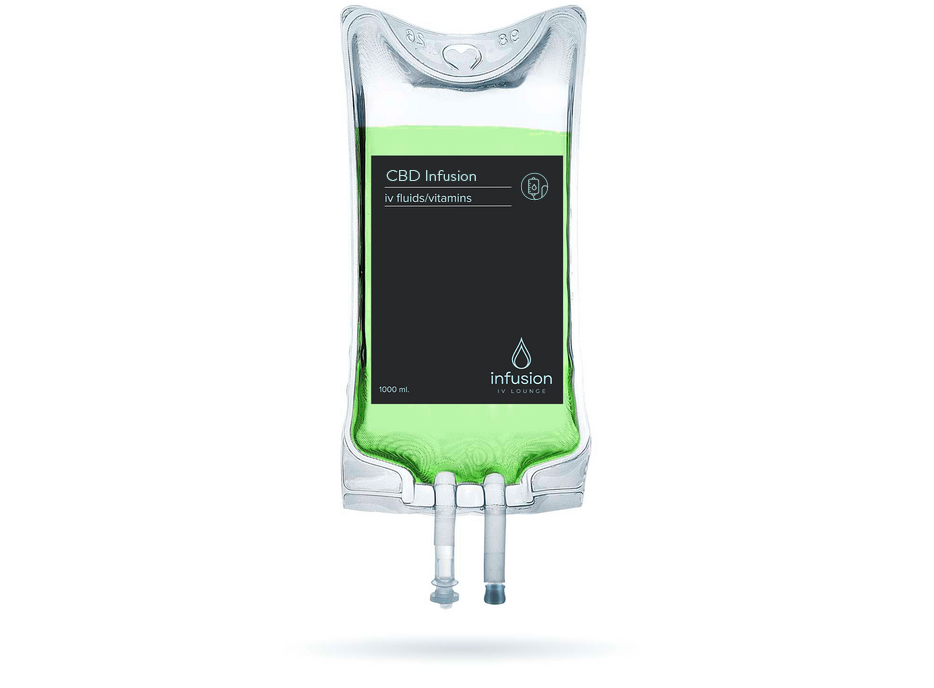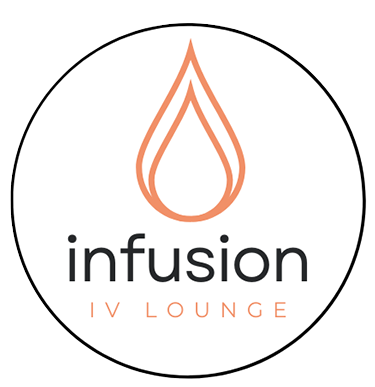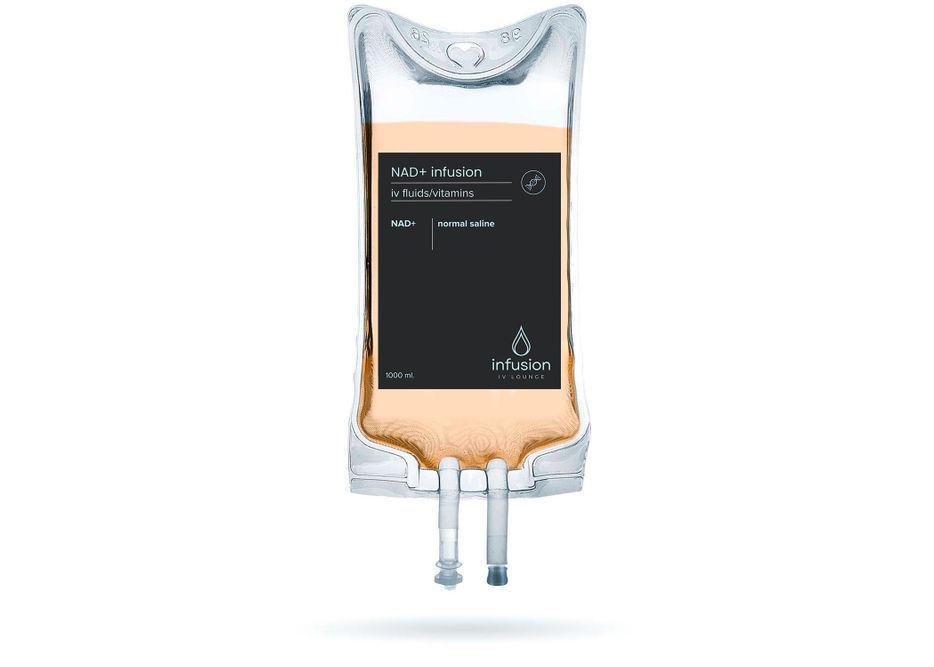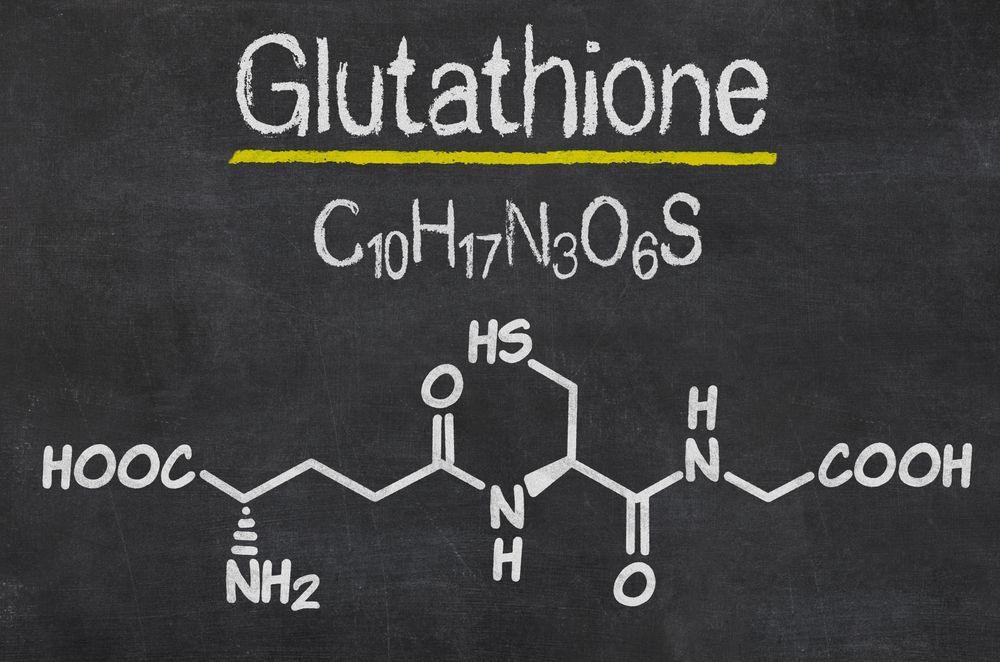IV Therapy vs. Oral Supplements: What’s More Effective?

When it comes to maintaining optimal health and wellness, the options for nutrient intake are plentiful. Among the most common methods are intravenous (IV) therapy and oral supplements. Each has its unique characteristics and benefits, leading to the question: which method is more effective? This article will explore the intricacies of both IV therapy and oral supplements to help you make an informed decision.
Understanding IV Therapy
IV therapy involves delivering vitamins, minerals, and other nutrients directly into the bloodstream through a vein. This method allows for immediate absorption and utilization by the body, bypassing the digestive system entirely. With varying formulations tailored for specific health needs, IV therapy has gained popularity in various health and wellness circles.
The Science Behind IV Therapy
The science of IV therapy is rooted in pharmacokinetics, the study of how substances move through the body. By administering nutrients directly into the bloodstream, IV therapy ensures that the body receives a higher concentration of these vital compounds faster than by any other method. This can be particularly beneficial for individuals with digestive issues or other conditions that hinder nutrient absorption.
Research indicates that certain nutrients, such as vitamin C and B vitamins, can achieve therapeutic levels in the bloodstream when administered intravenously, providing tangible health benefits. For instance, high-dose vitamin C has been studied for its potential role in cancer treatment and immune support, while B vitamins are essential for energy production and overall metabolic function. The ability to deliver these nutrients in a concentrated form can lead to enhanced therapeutic outcomes, making IV therapy a valuable tool in modern medicine.
Benefits of IV Therapy
- Rapid Absorption: Nutrients are delivered straight into the bloodstream for immediate use.
- Customizable Formulas: Formulas can be tailored to individual needs, addressing specific deficiencies.
- Hydration: Many IV therapies include fluids, helping to maintain hydration levels.
- Enhanced Energy Levels: Many recipients report increased energy and reduced fatigue after treatment.
Potential Risks and Side Effects of IV Therapy
While IV therapy has numerous benefits, it is not without risks. Potential side effects can include:
- Infection: As with any procedure that involves needles, there is a risk of infection.
- Vein Inflammation: Some patients may experience irritation or inflammation at the injection site.
- Allergic Reactions: An allergy to a specific nutrient or component of the solution can occur.
- Fluid Overload: For patients with certain medical conditions, excess fluid can pose risks.
It is essential to consult with a healthcare professional before beginning any IV therapy regimen. Additionally, the environment in which IV therapy is administered plays a crucial role in minimizing risks. Clinics and wellness centers that offer IV therapy should adhere to strict hygiene protocols and employ trained professionals to ensure safe practices. This not only helps to mitigate potential complications but also enhances the overall experience for patients seeking these treatments.
Moreover, the growing interest in IV therapy has led to an increase in at-home services, where trained professionals visit clients in the comfort of their homes. While this offers convenience, it is vital for individuals to verify the credentials of the service providers and ensure that they follow proper safety guidelines. As IV therapy continues to evolve, ongoing research and patient education will be essential in maximizing its benefits while minimizing risks.
Delving into Oral Supplements
Oral supplements, including vitamins, minerals, herbal products, and other nutritional aids, are a staple in many people's health routines. Taken in pill, capsule, or powder form, they offer a convenient way to complement one's diet.
How Oral Supplements Work
Oral supplements are ingested and must go through the digestive system, where they are broken down and absorbed into the bloodstream. This process can be influenced by various factors, such as the individual's digestive health, the form of the supplement, and whether it is taken with food.
The body's absorption rate for oral supplements can vary significantly, which means not all nutrients may reach effective levels in the bloodstream.
Advantages of Oral Supplements
- Convenience: Supplements are easy to store and transport, making them a practical option for many.
- Variety: A wide range of products and formulations are available to address specific health concerns.
- Cost-Effective: Generally, oral supplements tend to be less expensive than IV treatments.
Possible Drawbacks of Oral Supplements
Despite their advantages, there are some downsides to consider when it comes to oral supplements:
- Variable Absorption: The effectiveness can be affected by digestive health and nutrient interactions.
- Longer Onset Time: It may take longer to experience benefits as the body requires time to digest and absorb.
Comparing Absorption Rates: IV Therapy and Oral Supplements
The absorption rates between IV therapy and oral supplements highlight a significant difference. IV therapy provides direct access to the bloodstream, ensuring that a higher concentration of nutrients is available almost immediately. In contrast, oral supplements may only yield a fraction of their intended effect due to the body's digestive processes. For those with specific health needs or deficiencies, IV therapy may provide a more effective solution.
Cost Analysis: IV Therapy vs. Oral Supplements
Cost is an important factor when comparing IV therapy with oral supplements. IV therapy can be significantly more expensive due to the service fees associated with administration, the costs of medical facilities, and the ingredients used in the formulations. On the other hand, oral supplements generally come at a lower price point, making them a more budget-friendly option for ongoing nutrient support.
Accessibility and Convenience: A Comparative Look
When considering accessibility, oral supplements take the lead. They can easily be purchased from stores or online, allowing consumers to integrate them into their routines seamlessly. IV therapy, however, requires a visit to a healthcare provider, which may present a barrier for some individuals, especially in areas with limited healthcare access.
Making the Choice: Factors to Consider
Ultimately, the choice between IV therapy and oral supplements will depend on various personal factors. Here are some important considerations:
Your Health Condition
Individuals with specific health conditions that impair nutrient absorption may benefit more from IV therapy. Alternatively, those simply looking for general health support may find oral supplements sufficient.
Your Lifestyle
If you lead a busy lifestyle that often leads to skipped meals or nutrient deficiencies, intravenous options might offer a quick boost. Conversely, if you prefer a more gradual approach or are health-conscious about invasive procedures, oral supplements could be the better choice.
Your Budget
Lastly, consider your budget. While the initial investment for IV therapy can be substantial, oral supplements present an economical solution for those who require routine supplementation. Weighing your financial resources against your health goals will be crucial in making an informed decision.
In conclusion, both IV therapy and oral supplements have their advantages and disadvantages. By understanding your health needs, lifestyle, and budget, you can make the most effective choice for your wellness journey.

P: 720-808-0622
663 E 19th Ave Denver
CO 80203
All Rights Reserved | Infusion IV Lounge









